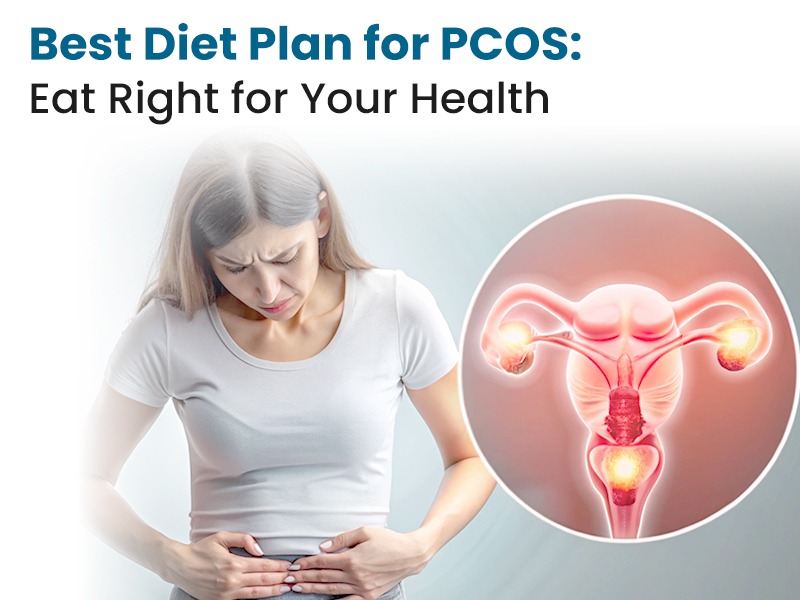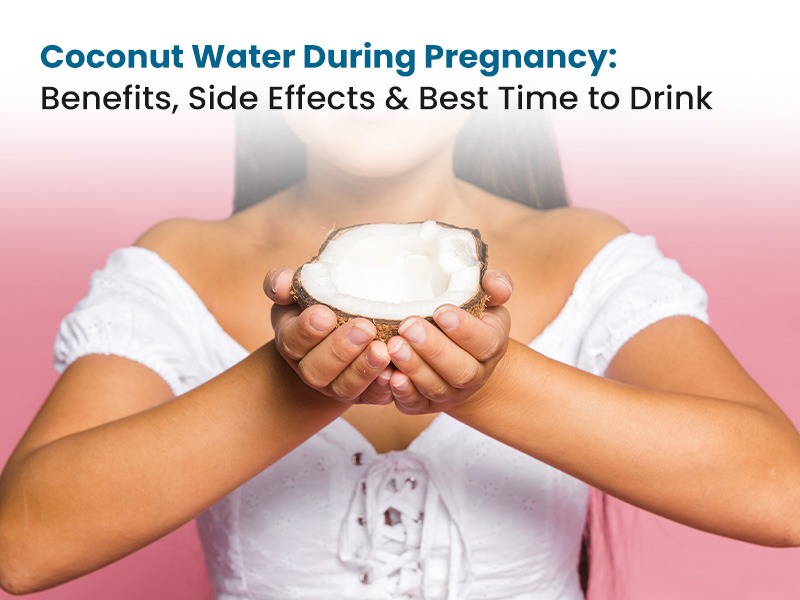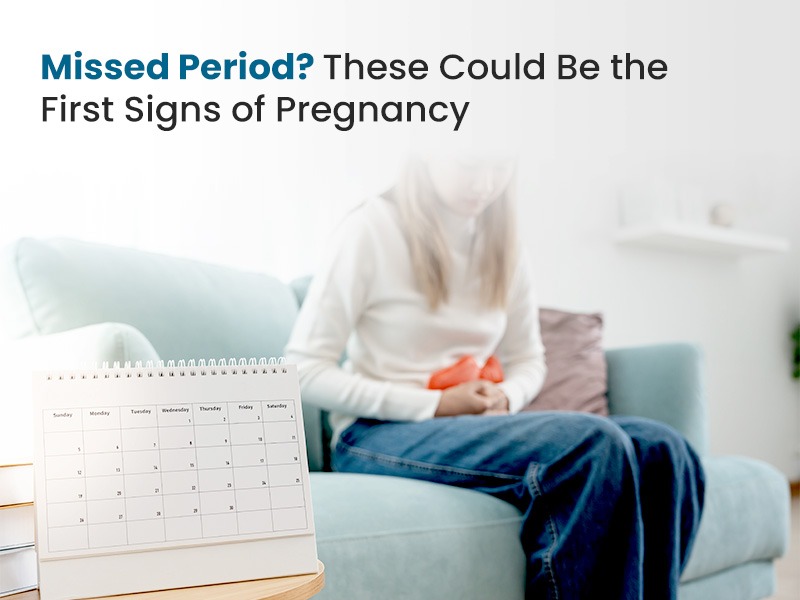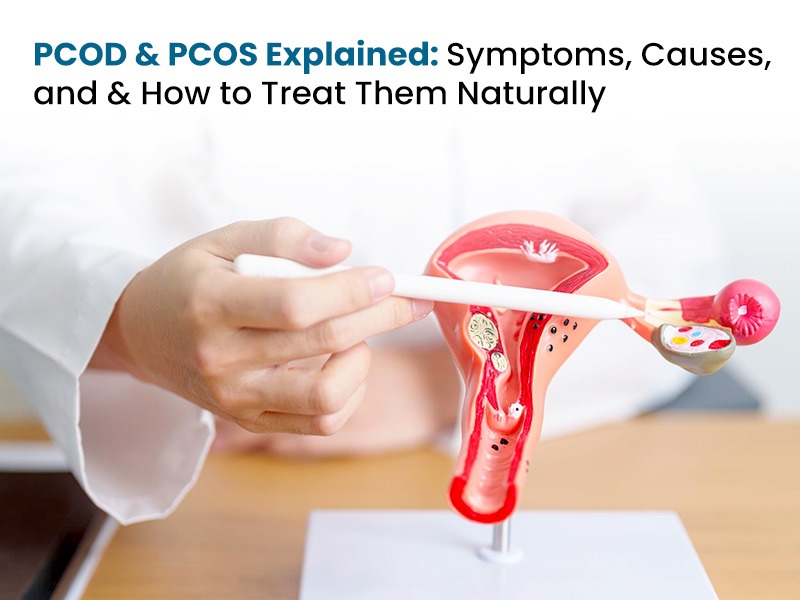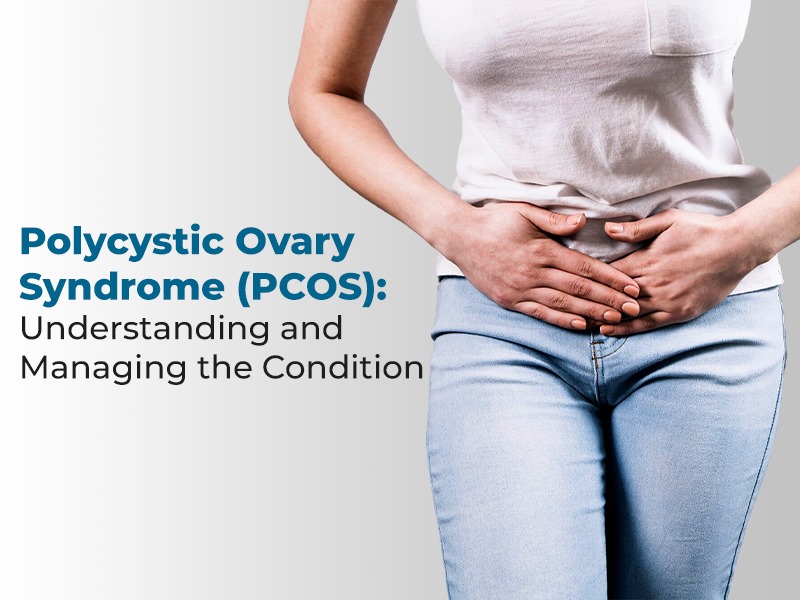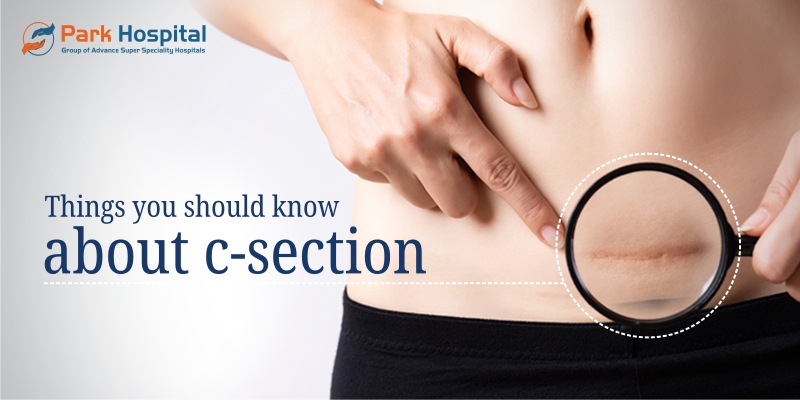Polycystic Ovary Syndrome (PCOS) is among the most prevalent hormonal disorders women experience today. It affects metabolism, weight, fertility, and overall health. While most treatment plans will help you with medication and lifestyle changes, diet is key to managing symptoms and improving your physical well-being daily. The PCOS diet plan can help balance hormone levels, regularize menstrual cycles, and decrease the risks associated with complications, including diabetes and heart disease.
At Park Hospital, we believe in more than treatment; we believe in empowering women with daily decisions to make their health better and their lives happier. With the right diet plan, women with PCOS can have more energy, increased confidence, and greater management of their health.
Why Diet Matters in PCOS
In women with PCOS, the body has difficulty with processing insulin, which often results in weight gain, acne, and irregular cycles. A healthy diet will help regulate blood sugar levels and support a balance in hormones. Utilizing practical diet tips for PCOS management, women can ease cravings, decrease inflammation, and enhance fertility outcomes.
Making simple changes, such as eating several small meals instead of two or three larger meals a day, limiting processed sugars, and increasing fiber, can have a positive impact on how our bodies respond to PCOS.
Building a Polycystic Ovarian Syndrome Diet
In women with PCOS, the body has difficulty with processing insulin, which often results in weight gain, acne, and irregular cycles. A healthy diet will help regulate blood sugar levels and support a balance in hormones. Utilizing practical diet tips for PCOS management, women can ease cravings, decrease inflammation, and enhance fertility outcomes.
Making simple changes, such as eating several small meals instead of two or three larger meals a day, limiting processed sugars, and increasing fiber, can have a positive impact on how our bodies respond to PCOS.
Creating a PCOS Food Chart
For many women, a structured PCOS food plan is a great way to follow a healthy routine.
A basic example food plan includes:
Breakfast: Oatmeal with nuts and berries
Mid-morning snack: Hard-boiled egg or a handful of nuts
Lunch: Grilled chicken, brown rice, and steamed vegetables
Evening snack: Fresh fruit or yogurt
Dinner: Lentil soup, salad, and whole-wheat chapati
This kind of food plan helps ensure balanced nutrition throughout the day and avoids sudden spikes in blood sugar.
The Role of Nutrition in PCOS
To be fair, good PCOS nutrition is not simply what you ingest; it is also how you ingest it. Eating more slowly, staying hydrated, and minimizing stressors during eating can help with the digestive process, as well as nutrient absorption.
Nutrition also includes avoiding junk foods and sweetened beverages that exacerbate symptoms. By prioritizing the healthiest, nutrient-dense foods, a woman with PCOS can increase her energy levels and regulate weight more effectively over time.
Practical PCOS Diet Tips to Follow
Adopting PCOS diet tips does not mean giving up everything you enjoy. Instead, it's about balance and moderation.
Some practical tips include:
Limit refined carbohydrates such as white bread and pastries.
Eat more fiber from vegetables, fruits, and legumes.
Include healthy fats from avocados, nuts, and olive oil.
Plan meals to eliminate the urge to snack on unhealthy items.
Consistency is the secret - a small, steady change in this reality adds up to enormous health benefits.
FAQs
1. Which foods should I avoid if I have PCOS?
Avoid processed sugar, fried foods, and refined carbs like white bread and pasta.
2. How long does it take to see results from a PCOS-friendly diet?
Many women notice improvements within 2–3 months of following a balanced diet.
3. Should exercise be combined with diet for PCOS?
Yes, regular exercise boosts metabolism and works best when combined with a healthy diet.
4. What's one simple diet change I can start today for PCOS?
Begin by cutting down on sugary drinks and replacing them with water or herbal teas.
5. Can skipping breakfast make PCOS worse?
Yes, skipping breakfast can affect blood sugar levels and worsen PCOS symptoms.

